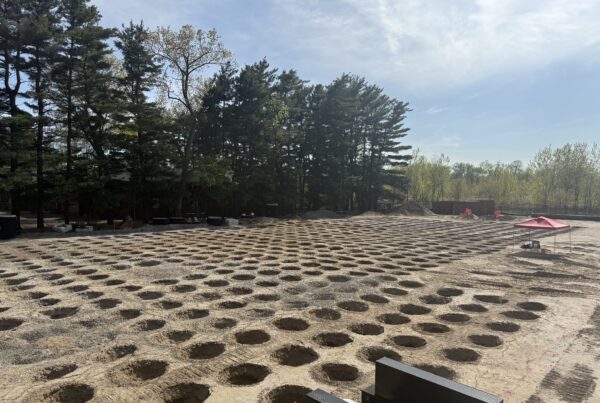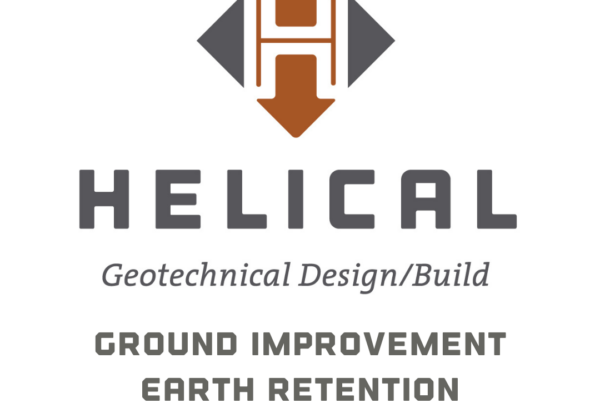
Let’s face it, nobody likes dealing with unexpected project costs, regardless of the cause. Below are some simple tips to help avoid unexpected costs on your next ground improvement (GI) project.
 Tip #1 – The Owner or Construction Manager should ask the Geotechnical Consultant to review the GI proposal for conformance with the project intent. This will help vet geotechnical assumptions, clarifications, and exclusions prior to executing a GI contract.
Tip #1 – The Owner or Construction Manager should ask the Geotechnical Consultant to review the GI proposal for conformance with the project intent. This will help vet geotechnical assumptions, clarifications, and exclusions prior to executing a GI contract.
 Tip #2 – The Construction Manager should carefully review the GI proposal to identify required site support costs such as Working Platform preparation, obstruction removal and backfilling, subgrade preparation, Load Transfer Pad construction, and winter premiums. If anything is unclear, please do not be afraid to ask questions to help with transparency and collaboration.
Tip #2 – The Construction Manager should carefully review the GI proposal to identify required site support costs such as Working Platform preparation, obstruction removal and backfilling, subgrade preparation, Load Transfer Pad construction, and winter premiums. If anything is unclear, please do not be afraid to ask questions to help with transparency and collaboration.


Tip #5 – All excavation and backfilling that occurs prior to GI mobilization should be performed in accordance with the project documents and GI submittal, including observation, testing, and documentation by the Geotechnical Consultant. Uncontrolled and/or undocumented excavation and backfilling can change the soil conditions represented in the project documents, which can lead to costly issues such as undesirable GI element performance.
Tip #6 – See Tip #5… very important, but often overlooked.
Tip #7 – At least two to three weeks prior to GI mobilization… Helical, the Construction Manager, the Site Contractor, and preferably the Geotechnical Consultant should have an on-site GI-specific preconstruction meeting to openly discuss roles and responsibilities. This is also the perfect forum to discuss possible pitfalls and agree on plans-of-action. As we often say, “spending minutes now will save hours or days later”.

If you have any questions about the information above, please don’t hesitate to contact us.






